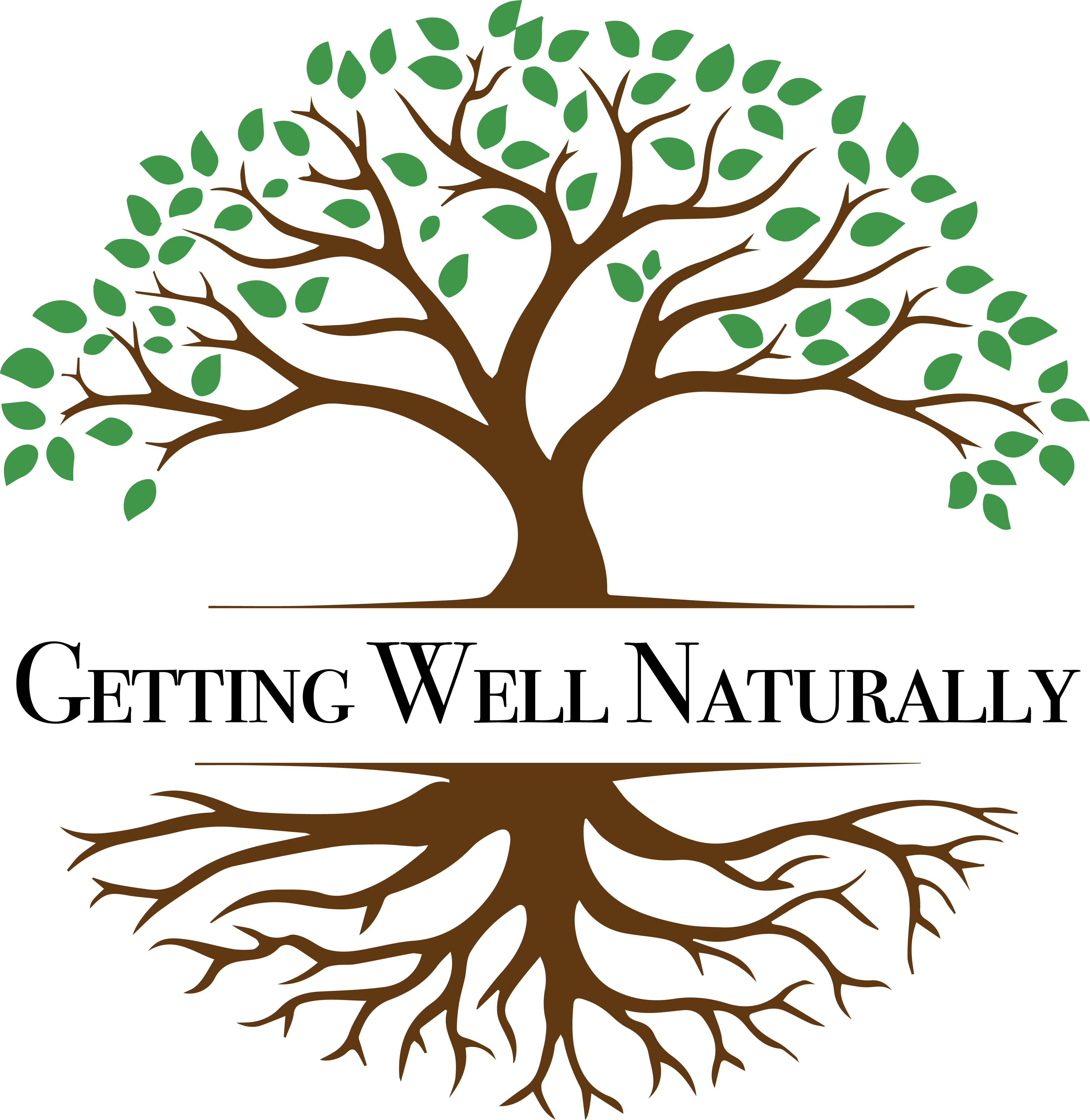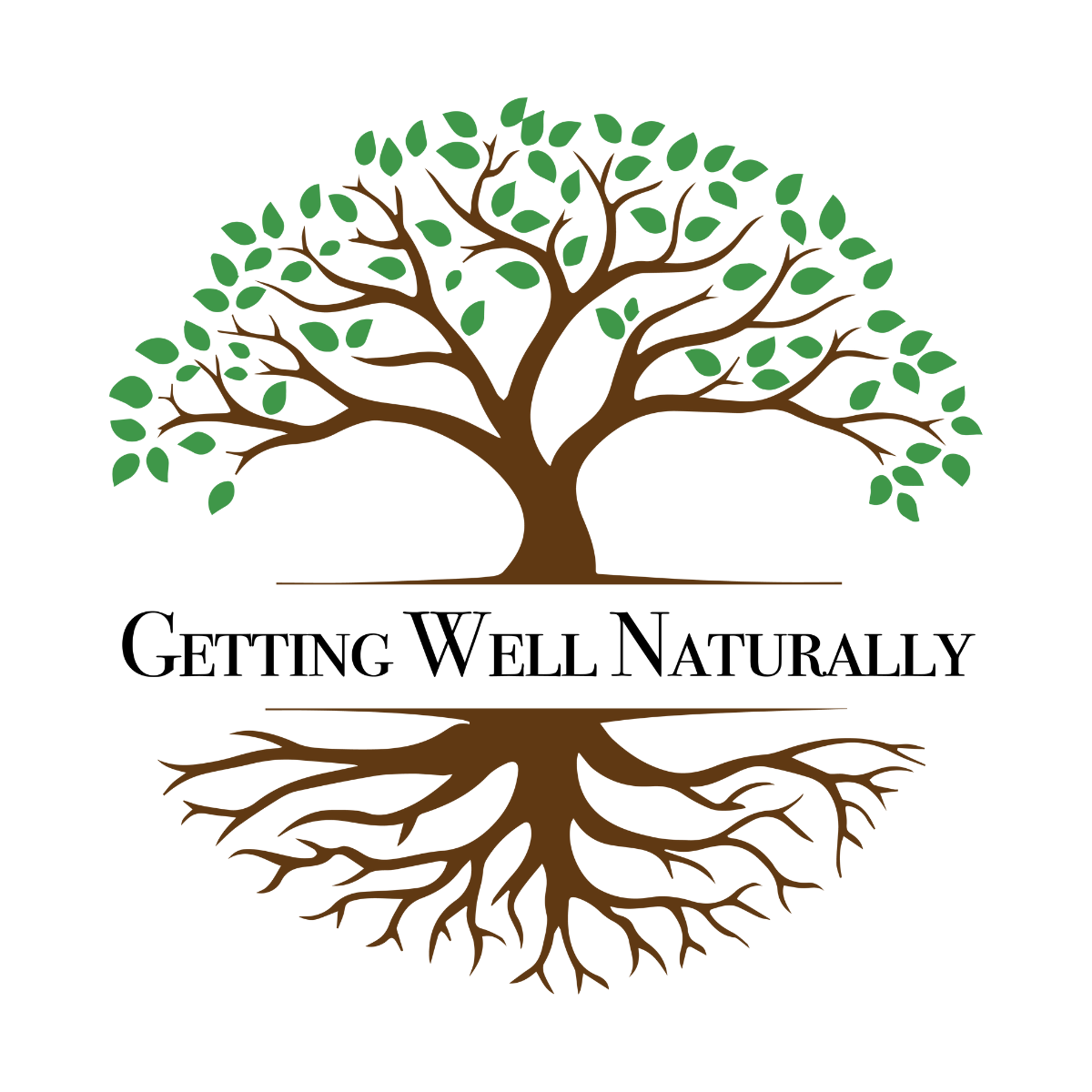What Lack of Exercise is Really Doing to Your Heart
In our previous post titled 4 Supplements You Can Take For A Strong Heart, we discussed some of the reasoning behind why cardiovascular disease has taken a seat as the leading cause of death in America – one of the largest factors being none other than sedentarism.
Sedentary behavior can be characterized by prolonged levels of low physical activity. The CDC estimates that most adults spend over 55% of their days sitting or doing other sedentary behaviors, while another study states that most adults partake in an average of 7.7 hours of sedentary behavior daily.
With many people accustomed to working behind computer screens and sitting at desks for long periods of time, being sedentary is pretty much the new normal. But, what’s it actually doing to you?
Shockingly, physical inactivity has been identified as the fourth biggest risk of death worldwide, ultimately leading to about 3.2 million deaths per year. As for affecting the heart, physical inactivity has been linked to various risk factors for cardiovascular disease, including:
- Type 2 Diabetes
- Hypertension (high blood pressure)
- Dyslipidemia (blood lipid/cholesterol imbalance)
- Obesity
- Oxidative stress
This list is not all-encompassing, of course, but you get the picture. Not getting enough physical activity in your daily routine is detrimental to the health and well-being of your cardiovascular system. So, what should you do about it?
The Best Way to Improve Your Cardiovascular Health
It’s obvious what I’m about to say, but I’m going to tell you anyway: one of the best ways to improve your cardiovascular health is by implementing regular exercise into your schedule.
The recommendation by the American Heart Association to prevent cardiovascular disease is 30 minutes of moderate intensity exercise 5 times a week, or 25 minutes of vigorous exercise 3 times a week. Some examples of moderate and vigorous exercises include:
Moderate:
- Brisk walking
- Leisure bicycling
- Push-mowing the lawn
- Hiking
Vigorous:
- Running
- Fast bicycling
- Playing a sport (football, soccer, tennis)
- Swimming laps
These are just a few examples of activities that can easily be incorporated into your weekly routine. But if you’re interested in doing something a bit more intense, this article from GreenMedInfo recommends trying a type of exercise called high intensity interval training, or HIIT.
HIIT is a type of interval training that combines cardio and resistance training done at maximum effort in short bursts followed by a rest period. The point is to get your heart rate as high as you can within the burst of exercise (usually about 15-20 seconds), and then bring it back down to resting (or as close as you can get). You can do this about 2 times a week, with multiple days of rest in between – if you do it right, you’ll definitely need those rest days! Studies show that HIIT can not only counteract atherosclerosis, but also improves cardiorespiratory fitness, blood pressure, and cholesterol.
The Benefits of Regular Exercise
There are a lot of great benefits to getting regular exercise, especially for your heart health. Here are a few of the ways that incorporating physical activity into your routine can greatly improve your cardiovascular system.
Decreases Blood Sugar Levels
One of the biggest risk factors for cardiovascular disease is diabetes. Getting regular exercise can help regulate blood sugar levels. When you’re being physically active, blood glucose is transported from the blood to fat and muscle cells. When this happens, the glucose is broken down within the cell and used for energy, which is an irreversible process – meaning the sugar can’t be moved back into the blood. Having this happen regularly increases insulin sensitivity and helps keep blood sugar levels low.
Reduces Blood Pressure
Hypertension, or high blood pressure, can often be a precursor to heart disease. It has a correlation to heart attack, stroke, heart failure, and other things. Exercise decreases blood pressure through several measures, one being vasodilation. During moderate intensity exercise, the blood vessels dilate, or open up, to allow blood to flow more freely. Blood pressure is also decreased through the lowering of oxidative stress and inflammation levels during moderate intensity exercise.
Increases Antioxidants
Like we mentioned in our previous post, oxidative stress is one of the stealthiest underlying causes of cardiovascular disease – it damages endothelial tissue and leads to blood vessels functioning abnormally. When you exercise, enzymes that increase oxidative stress are diminished, and enzymes that scavenge free radicals and reduce oxidative stress are increased. These antioxidants help heal some of the damage done, giving a boost to the overall well-being of your cardiovascular system.
Balances Cholesterol
High cholesterol is a hallmark symptom of atherosclerosis. It builds up inside the arteries turning into plaque, making them hard and rigid. Evidence shows that exercise has the potential to reduce what’s known as the “bad” cholesterol, or LDL, and increase the “good” cholesterol, or HDL. This is crucial for regulating and preventing buildup, and keeping arteries free of blockages.
Strengthens Heart Muscle

Another really cool benefit of regular exercise is that it actually strengthens the myocardial muscle, or muscle of the heart itself. One article states that regular exercise leads to “non-pathological cardiac hypertrophy”, which is just a scientific way to say a thickening of the heart muscle not attributed to disease. This allows the heart to pump blood throughout the body, leading to decreased stress on the cardiovascular system and a lower resting heart rate. This lowers your overall risk of a heart attack or stroke.
To Sum It All Up
We can’t allow the comfort of a sedentary lifestyle to lead to neglecting our health. With the amount of time people spend behind computer screens, sitting at desks, watching TV, or scrolling social media, prioritizing exercise is critical.
Aside from the mountain of unmentioned benefits of regular exercise, it’s clear just how important it is. It’s also important to remember that each individual is different, and what works for someone else may not work as effectively for you. Some is better than nothing, especially when it comes to incorporating physical activity into your day. Start out slowly, and gradually increase how much you do each week. You might end up loving it!
If you want more tips or information about other health related topics, check out some of our other posts here!









